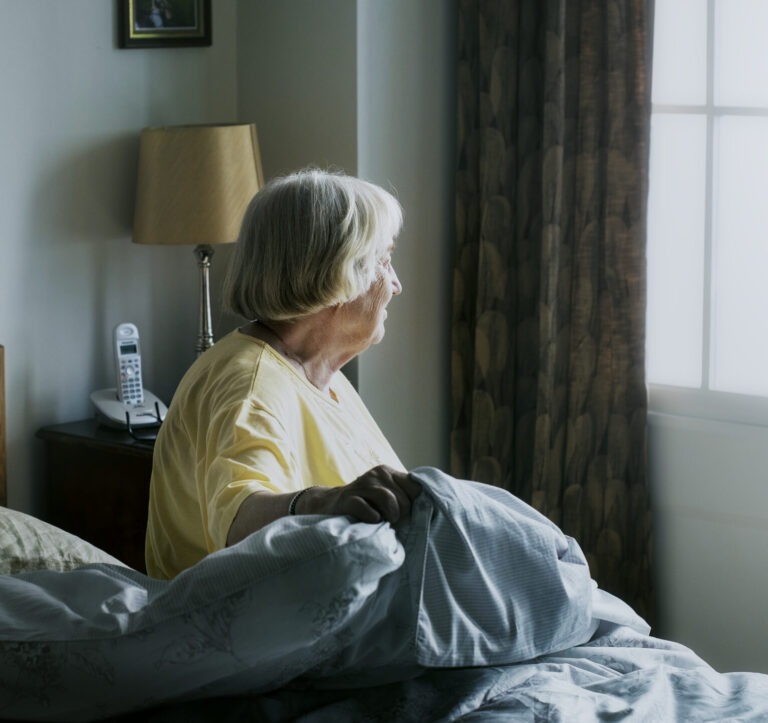Poor sleep affects the health of the elderly! 10 methods to improve insomnia troubles.
Nocturia is the main cause of sleep disruption in the elderly, affecting sleep quality and leading to problems such as daytime sleepiness, lack of concentration, cognitive impairment, and depression. In addition, elderly people who get up at night to go to the bathroom may be at risk of falls, fractures, head injuries, and acute myocardial infarction or stroke. The risk of fractures for elderly people with nocturia is 1.8 times that of those without, and their mortality rate is twice as high.
Insomnia is also common among the elderly, often caused by physical conditions or medication side effects. The diagnosis of insomnia criteria includes inadequate sleep quality and time, causing trouble in various aspects of life, and lasting for more than three months. Elderly people may have sleep disorders due to physical illnesses such as gastroesophageal reflux, stroke, degenerative neurological diseases, heart failure, pain, chronic obstructive pulmonary disease, male prostate enlargement, and dialysis. Therefore, elderly people with sleep disorders should undergo detailed interviews and examinations to avoid excessive dependence on sleeping pills.
Normal aging also affects the sleep of the elderly. The sleep structure of the elderly is different from that of young people, and normal aging reduces deep sleep time and increases light sleep time, so the elderly need more time to fall asleep and maintain sleep. In addition, the elderly may experience sleep apnea, which can cause sleep disruption and hypoxemia, further affecting their health.
To improve sleep, it is recommended to take the following actions:
- Maintain a fixed wake-up and bedtime.
- Avoid eating and drinking heavily before bed and eat light snacks or hot milk.
- Maintain a good habit of daily exercise, avoid doing vigorous exercise before bed.
- Write down worries to put the mind at ease and handle them tomorrow.
- Keep the bedroom cool, ventilated, quiet, and dark.
- Avoid napping during the day, and if you are tired, take a nap for no more than half an hour.
- Do not place a clock around the bed.
- When unable to sleep, do not get up and use the phone, watch TV, or smoke.
- Avoid using alcohol to aid sleep.
- Do not do non-sleep activities on the bed, such as making phone calls or eating.
The sleep disorders of the elderly require accurate diagnosis and necessary examinations, and modern medicine can provide comprehensive solutions to improve sleep quality.

